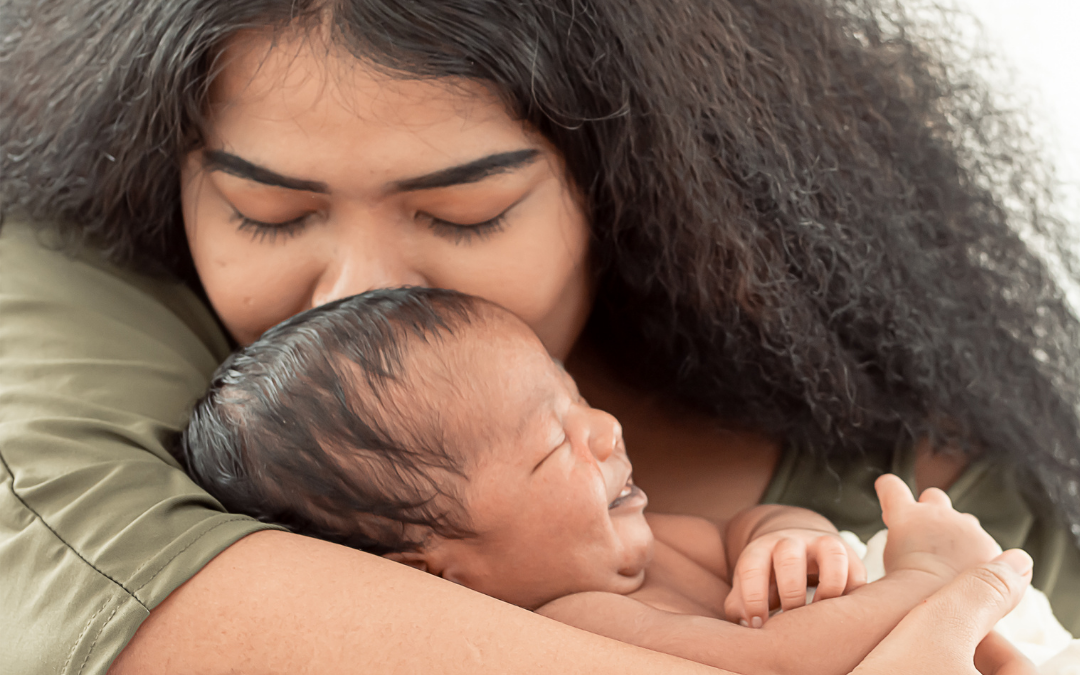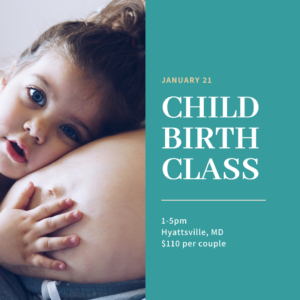SIDS is a major fear of most new parents that I’ve known. I can’t count the number of times a mother has told me she watched her baby sleep all night. Sometimes it’s in awe. Other times it is to ensure that the baby is breathing. If you’ve ever held a compact mirror to their nose to check for condensation, or obsessively watched the Owlet, you are far from alone.
So it’s great news that researchers have found a biomarker that may show which infants are more vulnerable to SIDS.
An enzyme associated with the brain system that controls functions like blood pressure and and breathing was found in lower levels in babies who died of SIDS than those who did not. This suggests that a theory about SIDS being related to babies not breathing or waking properly may be the cause of this previously unexplained phenomenon.
While more study is needed, and we’re not at a point we can test which babies are more vulnerable, I do believe that this is cause for hope:
Because having a child lost to SIDS is not only heartbreaking, it carries with it a certain amount of guilt.
For years, parents have been told to lay their babies on their back to sleep, and not to bedshare. There have been warnings about babies sleeping in their carseats, or in rooms that were too warm. And it can all be very anxiety producing. Especially if the thing that seems to get an infant soothed and sleeping is recommended against.
To be clear, as a doula who has done countless overnights with dozens of babies, I am always going to follow the safest sleep practices I can. Our team is trained in the American Academy of Pediatrics (AAP) safe sleep guidelines. As a professional there are certain things that aren’t appropriate for me to do (bed sharing), that parents might.
At the same time, I’ve never viewed our role as doulas as the doula sleep police. A parent is entitled to choose what to do for their child’s sleep (and their own).
We have clients who bedshare. And most of them sort of whisper about it, because they can’t discuss these things with their pediatrician without a lecture.
There are situations though, where it ends up making more sense.
For instance, it’s much safer to plan to nurse in a side-lying position with your baby than to try to hold them at 3am in a recliner, if you know that you are drowsy and likely to fall asleep. There are even guidelines about making intentional bed sharing more safe for your baby called the Safe Sleep 7.
On the other hand, every family won’t have their baby room with them as long as the AAP recommends-ideally the first year.
The intensity with which we all fear SIDS has removed the ability to just talk honestly about these things. It also has introduced the idea that if an infant passes, their parent or caregiver must have done something wrong. We all want to do everything possible to keep newborns safe. But this new study suggests that we’ve been lacking some information.
Families struggling with sleep- like so many do- need honest and nuanced conversations, and not only rigid SIDS prevention guidelines. Grieving families need compassion and care, not blame.
My hope is that there will soon be testing that helps identify risk factors and allows us to move forward.
In the meantime, we will continue, as postpartum doulas, to care for your infants using safe sleep practices. And we will also be unbiased resources if you need to talk about what’s right for your family.


